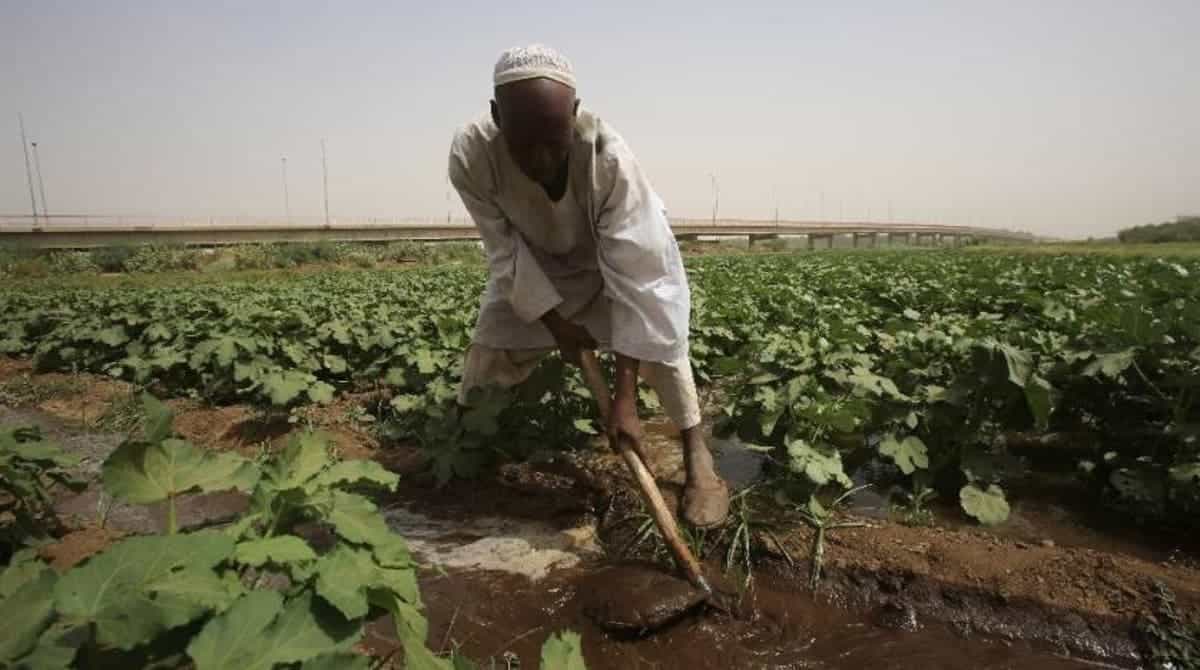Riyadh, Saudi Arabia – Arabia plans to raise the production of phosphate fertilisers to take a quarter of the global export market as part of its effort to boost its mining industry and lessen its reliance on oil earnings, senior officials told Financial Times.
The kingdom is among the world’s leading phosphate exporters, along with China, the US, Russia and Morocco.
The oil-rich country plans to increase capacity by 50 percent to produce 9mn tonnes of phosphate fertilisers a year, said Robert Wilt, the chief executive of the Saudi Ma’aden mining company, quoted by the FT.
“Over the last few years, we have been working steadily to increase our production by building a new world-class phosphate complex in Saudi Arabia,” Wilt said. The new project “will serve 24 per cent of the global export market for Diammonium phosphate and Monoammonium phosphate products”.
The kingdom seeks to diversify its economy away from oil and bring in more international capital as part of its Vision 2030 plan. And to this end, the country is turning its attention to mining sector.
The new phosphate mining complex has identified reserves for 60 years of production, Wilt told the FT.
“With new expansions of local rail infrastructure, we were able to increase our phosphate production capacity to transport larger amounts of material from our facilities in the north to our facilities in the east,” he said.
According to Bandar Alkhorayef, Saudi minister for industry and mining, the kingdom hopes to expand zinc production to 60,000 tonnes and more than double copper production from 90,000 to 400,000 tonnes by 2025.
In accordance with a new regulation intended to simplify investments, the ministry is auctioning exploration permits for lead, iron, copper, zinc, and other metals as well as for zinc and lead.







